The potato season is starting in Egypt and is marked by abundant production, high demand, stable prices, and no particular challenges except for a few shipment complications. Mohammad Hassan, export manager of Al Gamal-Plantix, gives an overview of the upcoming season.
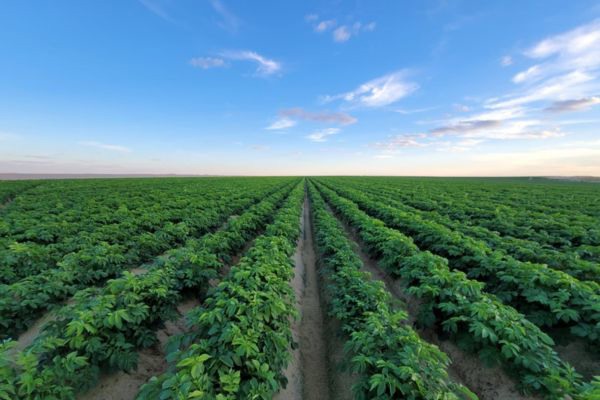
Mohammad explains, "Potato production in Egypt has been abundant this year, exceeding last year's volumes despite the weather conditions. Climate change did not spare us but volumes are intact. It did however impact the cost of production as it required increased farming operations, in terms of fertilization and disease control."
The increase in volumes is mainly due to the increase in acreage, adds Mohammad. "The government has made a lot of efforts in land reclamation, turning huge areas arable and available to public and private sector companies." The Egyptian government has in fact launched several large-scale programs to reclaim desert land, most notably the "New Delta" mega-project covering 924,000 ha of different crops. Potatoes are among the strategic crops targeted by this project in order to satisfy domestic demand and increase exports.
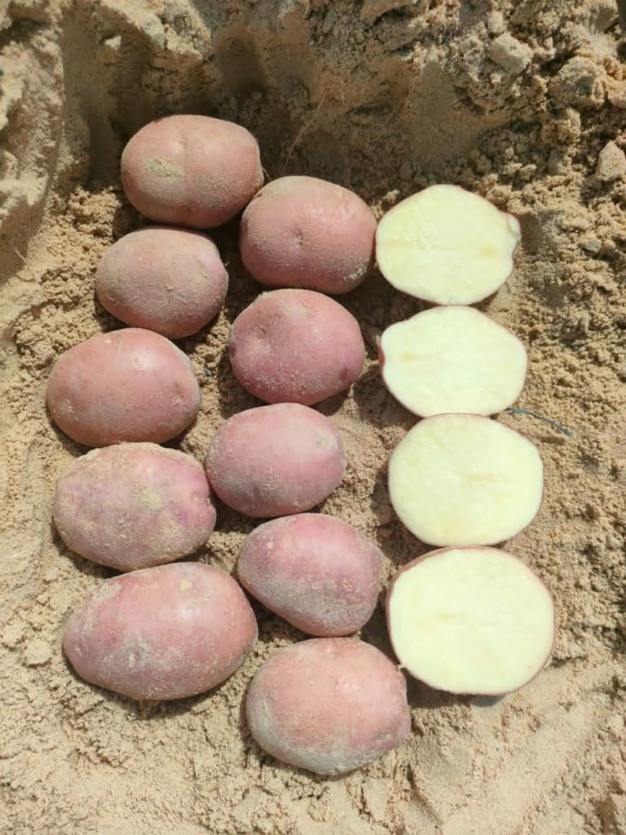 Quality-wise, "all the indicators are green," said Mohammad. "The quality is top-notch this year. We have a wide range of grades and sizes to meet the market needs. This is thanks to the availability of good quality plants and sufficient fertilizer products, and the gift of fertile lands that we have in Egypt." Al Gamal-Plantix produced this year the varieties Lady Rosetta, Spunta, and Hermes, with volumes of 30 thousand tons, according to Mohammad.
Quality-wise, "all the indicators are green," said Mohammad. "The quality is top-notch this year. We have a wide range of grades and sizes to meet the market needs. This is thanks to the availability of good quality plants and sufficient fertilizer products, and the gift of fertile lands that we have in Egypt." Al Gamal-Plantix produced this year the varieties Lady Rosetta, Spunta, and Hermes, with volumes of 30 thousand tons, according to Mohammad.
Egyptian potato production benefits from weak competition in the international market, adds Mohammad. "Other origins that have export calendars at the same time as Egypt have lower volumes. I am thinking, for example, of the production of Pakistan."
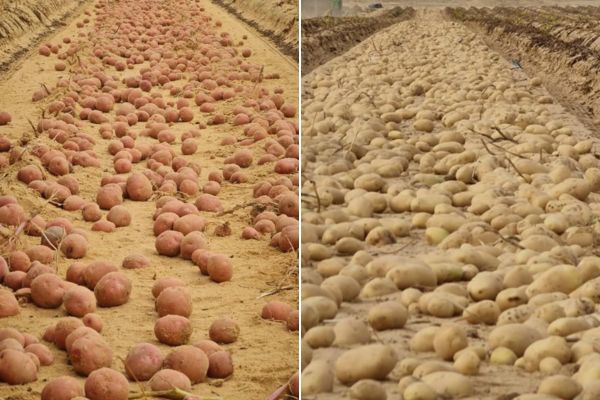
On the downside, the challenge that exporters are facing this year is the supply chain. Many crops are available to export, including potatoes, citrus, onions, garlic, and others, and this is putting pressure on the shipment lines. Mohammad explains, "Transportation costs to some countries have increased considerably, and port operations are less fluid because of the large quantities. This is especially the case for shipments to Russia, where vessels wait too long, up to 10 days, to enter the port of Novorossiysk, which further increases our costs. We also have this problem in our ports in Egypt due to the disruption of shipping lines that result in delays picking up our containers."
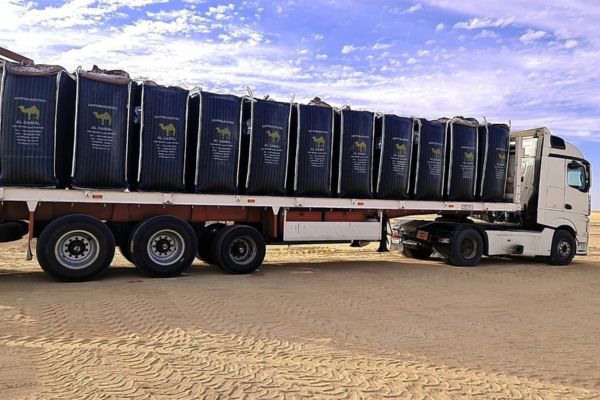
In a global context of insufficient volumes of potatoes, which has forced more than one country to ban exports altogether, the demand for Egyptian potatoes is on the rise and comes from all over the world. Mohammad lists the destinations that make the most orders: "These are primarily Greece, Russia, Spain, Lebanon, UAE, Italy, and Mauritius. Then follow with a medium demand the other countries of the European Union, especially Romania, African countries, Gulf countries, Turkey, Syria, and we have small quantities delivered just about everywhere else."
And regarding prices, the general direction is towards stabilization, or in the words of Mohammad, "prices are too modest, almost at the same level as last season, which is an inconvenience since our costs have increased."
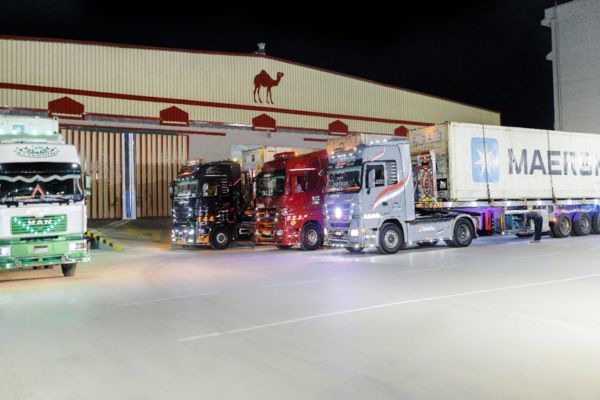
"Al Gamal-Plantix operates on 6,000 acres area, and we are in the process of expanding it with an additional 10,000 acres land. We are currently prospecting potential investors for this key milestone of our development," concludes Mohammad.
For more information:
Mohammad Hassan
Al Gamal-Plantix Group
Whatsapp: +201157845538
Email: [email protected]
www.plantix-eg.com










